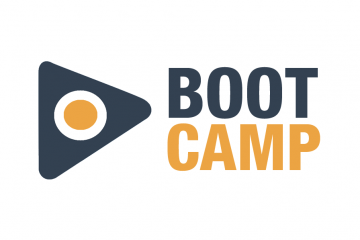Are you new to Product Management or think that you want to move into the role? As we’re sure you’re aware, there are many online opinions with the list of skills and backgrounds that will help you become successful. Our team has hired and managed dozens of Product Managers over the years, and in tribute to the NCAA basketball tournament, we came up with a “Final Four” that spell success or mediocrity.
#1 Active Listening – Are you Coachable?
Internal: You will have many stakeholders on your team(s) that each come with their own unique perspectives and backgrounds. Don’t discount this valuable corporate wealth by only interacting with leaders or by limiting your communications to impersonal emails or attending meetings. Reach out and listen to different perspectives – product support, training, implementation teams, technical sales support are groups that are often neglected but can provide some outstanding product insights. But it requires listening, not telling. Probe. Reflect. Thank.
External: Prospective and current clients don’t want Product Managers to sell to them. They want to be heard. Think about the last poor personal product experience that you had – anything from opening a medicine bottle to reporting traffic problems on the road. What if the Product Manager had reached out and asked about it. You would not want to hear about why the product was hard to use or what is coming next. You would want to be listened to. Your market is the same.
#2 Inductive Reasoning – Team over Individual
As a Product Manager, you will be supplied with a huge amount of data. From market statistics to innovative internal ideas to defect logs. It is critical to sift through this morass and develop a winning set of priorities and plans. Avoid reacting to the largest or loudest customer and look for the “meaning to the (March?) madness.”
#3 Time Management – The Shot Clock
No other career will stretch your time management skills more than that of Product Management. And, every individual comes with their own strengths, weaknesses, and things they enjoy doing. The true measure of product success is profitability for the company and winning individuals put aside their own interests for the sake of product success. Examples include:
- Avoiding technical details and architectural debates (leave it to the Team)
- Accepting others’ opinions over our own
- Not getting distracted by superfluous “rabbit trails”
- Delegating – you can’t do it all
#4 Decision Making – Taking the Shot
Making no decision is a bad decision. There will be points in time in every project and plan where a prioritization or go/no-go decision needs to be made. Product Managers must be willing to make a decision based on incomplete information. There will never be enough time or information to be absolutely sure that it is the right decision – but a decision must be made.


